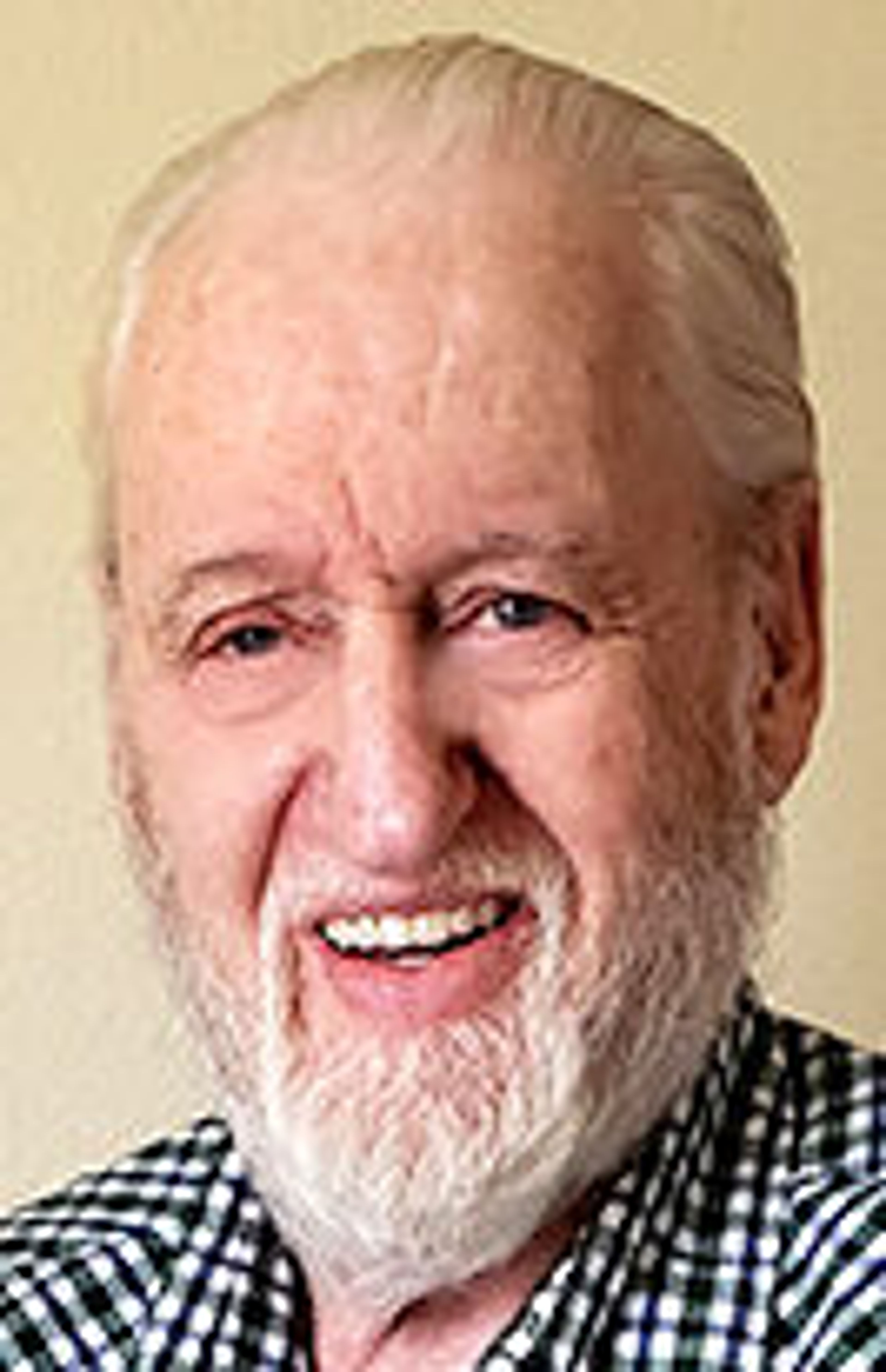The nation has a new COVID-19 vaccination expert.
She is Nicki Manaj, the Trinidad-born American rapper and singer who recently announced: “If I get vaccinated it won’t be for (a performance at) the Met. It’ll be once I feel I’ve done enough research. I’m working on that now.”
Manaj is a bona fide music celebrity in the United States and in many foreign countries. Her hip-hop album, “Queen,” went platinum.
So, of course anti-vaxxers accept Manaj as an authority on COVID-19 vaccines.
Her advice against vaccination is prominent in news cycles across the United States, and probably around the world, even including an interview on the Late Show with Stephen Colbert on CBS.
Manaj burst upon the COVID scene with a tweet: “My cousin in Trinidad won’t get the vaccine cuz his friend got it & became impotent. His testicles became swollen. His friend was weeks away from getting married, now the girl called off the wedding. So just pray on it & make sure you’re comfortable with ur decision, not bullied.”
The singer’s tweet dominated the internet for days.
America’s leading authority, Anthony Fauci, National Institute of Allergy and Infectious Diseases director, quickly debunked Manaj’s vaccine advice. So did Terrence Deyalsingh, health minister of Trinidad and Tobago, where Manaja’s cousin lives.
Deyalsingh reported spending most of a day trying to verify Minaj’s cousin story and found no evidence of any such case in Trinidad.
Fauci responded: “There’s a lot of misinformation, mostly on social media, and the only way we know to counter mis- and disinformation is to provide a lot of correct information,” Fauci said.
“To essentially debunk these kinds of claims, which may be innocent on her part. I’m not blaming her for anything, but she should be thinking twice about propagating information that really has no basis.”
False claims, like lies, succeed only when they include elements of truth.
Truthfully, there is a connection between COVID-19 and the male reproductive system; but not with COVID-19 vaccinations.
Ranjith Kramasamy, Male Reproductive Medicine and Surgery director at the University of Miami Health System, explains that the disease itself can interfere with sperm production, erectile dysfunction and testis swelling.
The public’s proclivity for being influenced by celebrities who aren’t authorities on the products to which they lend their famous names and faces has frustrated me as a journalist for nearly six decades.
Bona fide authorities on science and a host of other subjects and communicators who help them reach the general public have a mighty uphill fight to compete with celebrities whose opinions and pronouncements are eagerly sought by an ignorant news media.
The communications environment is far worse now than during my 32-years’ experience at Washington State University in communicating science to lay audiences.
The internet has had a mostly favorable influence on communications; but social media has seriously compounded and complicated information transfer.
Minaj’s tweets are an excellent example. Now, multiply it by thousands, even tens of thousands, and you will have some idea of the problem.
Social media is a dangerous place to become informed about issues of importance to society.
Day is a retired Washington State faculty member and a Pullman resident since 1972. For 32 years at WSU he publicized science for public audiences. He encourages email to terence@moscow.com.








